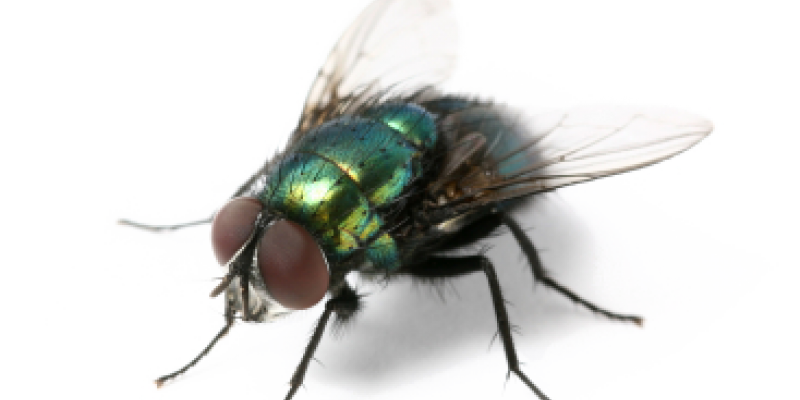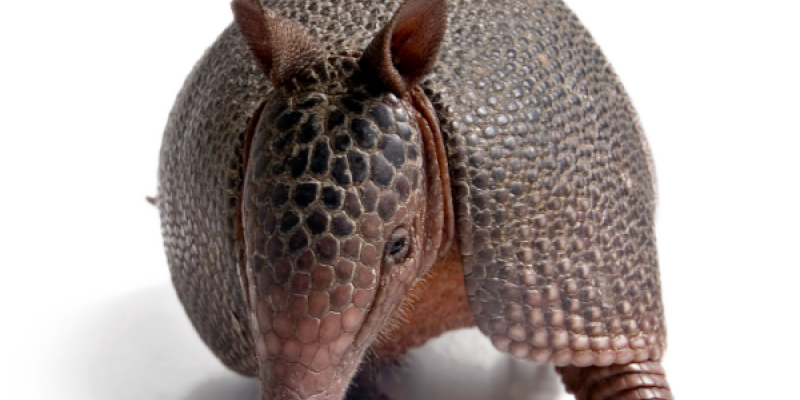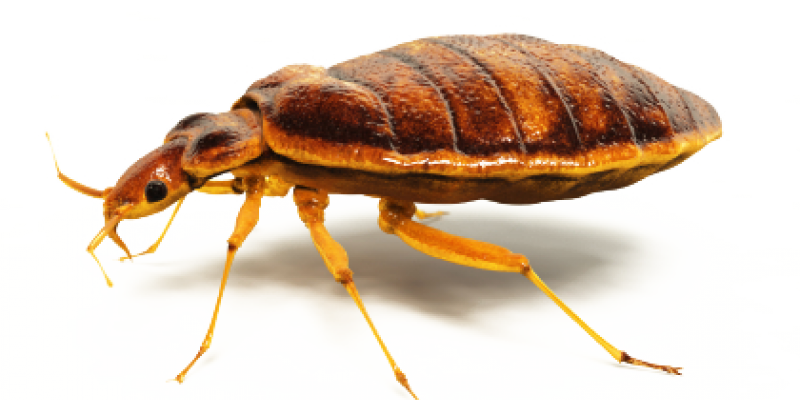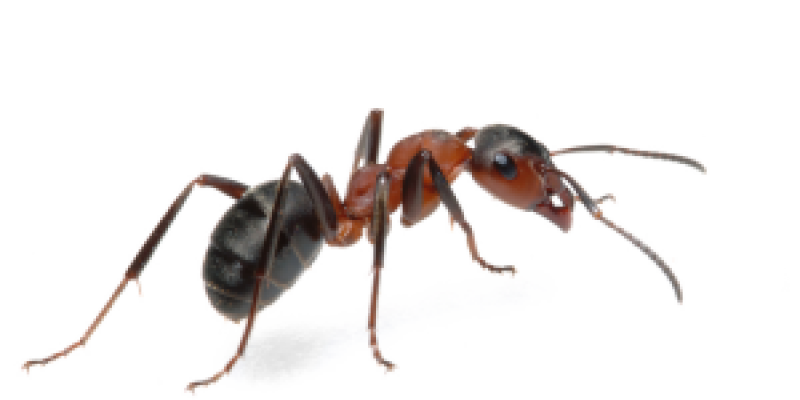Do Mosquitoes Like Certain Blood Types?
Have you often scratched and scratched while asking: “Why do mosquitoes like me so much?” or “Why do mosquitoes bite me more?”
There are actually many possible reasons why you could be a favorite target of the little bloodsuckers. Let’s investigate why mosquitoes bite certain people more often than others. We’ll look at the connection between mosquitoes and blood type, along with other factors that cause some people to be prone to mosquito bites.
Mosquitoes and Blood Type—What the Research Says
For over 100 years, scientists have studied why mosquitoes bite certain people more than others. A study published in 1974 reviewed 102 participants, measuring how often each was bitten. The researchers evaluated each participant by skin temperature, percentage of subcutaneous fat, pigmentation, age, sex, nutrition, and blood type. Then, blood was extracted from the mosquitoes to determine the blood type most consumed by the feeding females.
After crunching the numbers, researchers concluded that mosquitoes have a type. The nasty biters show a marked preference for feeding on type O blood. So, if you have blood type O, you are likely more prone to mosquito bites. But how do they know your blood chemistry before they bite? A 2004 study evaluated participants’ secretor status as well as blood type. Many people secrete antigens from their blood type in sweat, saliva, and tears, while others do not. It turns out that mosquitoes react most to secretors with blood type O. Type A is another blood type that attracts mosquitoes, though to a lesser degree than type O.
But why do mosquitoes bite certain people just because they have type O blood? A 2019 study investigated the egg production of mosquitoes that fed on different blood types but found no significant difference. So, the question remains unanswered, though there are indications that additional factors other than blood types attract mosquitoes.
What Other Factors Attract Mosquitoes?
Scientists are keen to learn why mosquitoes bite certain people. It is a key consideration to aid efforts to control outbreaks of malaria and other mosquito-borne diseases like dengue fever, Zika virus, and West Nile virus. So, in addition to the connection between mosquitoes and blood type, let’s see what else can make you more prone to mosquito bites. Some of this information can help you avoid getting bitten, even if your blood is Type O.
What You Wear
It is not yet clear why, but mosquitoes are attracted to the color black. Multiple studies, the oldest dating back to 1910, have documented this preference, though the underlying reason is still obscure. They also show a preference for red, orange, and cyan. So, it is recommended that you wear white or light-colored clothing when out among mosquitoes. But they bite right through thin, lightweight fabrics worn close to the skin. So, loose-fitting clothing in a light color that covers your wrists and ankles is best, especially for those prone to mosquito bites.
How You Smell
Have you ever wondered how mosquitoes can find you so fast? They hunt by smell and zero in on the carbon dioxide you release with every exhale. It may be that mosquitoes can detect Type O blood antigens in the breath of Type O secretors. Certainly, the antigens may play a part in body odor, which can also attract biters.
While female mosquitoes hunt people to feed on their blood, they also feed on the nectar of many flowering plants. They find their food through scent and have proven to be attracted to people wearing floral perfumes, colognes, and lotions.
What You Eat
Your odds of getting bitten go beyond mosquitoes and blood type. Sometimes, it seems as if mosquitoes enjoy a midsummer night party as much as we do. They certainly go in for the beer, guacamole, and banana daiquiris! Studies have found that some foods, such as beer, and those rich in potassium, such as bananas, avocados, and dried fruit, are highly attractive to mosquitoes. Specifically, the bloodsuckers are attracted to biting those who have drunk beer or eaten bananas. While drinking beer may make you more prone to mosquito bites, there does not appear to be anything you can eat to repel them. Studies show that eating garlic or taking vitamin B really does nothing to protect you from the biters.
Your Chemical Composition
Mosquitoes are frighteningly adept at finding us, their favorite food source. A new study, released in August of 2022, demonstrates that mosquitoes’ olfactory system, responsible for their sense of smell, is unusually complex. Even the mosquitoes whose olfactory sense was damaged by researchers could unerringly find their favored mosquito magnets. It is believed that when mosquitoes bite certain people consistently, it is about much more than blood type. Scientists have come to believe that the specific makeup of the beneficial bacteria living on your skin plays a role in attracting biters. Your genetic makeup and unique chemical composition make you prone to mosquito bites.
When You Exercise
Two compounds we know attract mosquitoes are carbon monoxide and lactic acid. When we exhale, we release carbon monoxide. And our bodies produce lactic acid, more so when we use our muscles. So exercising increases the levels of these mosquito-attracting substances we release. Additionally, exercise causes us to produce more uric acid, ammonia, and sweat, all of which can make you more prone to mosquito bites. Avoid exercising at dawn or dusk, when the bloodsuckers are more active.
If You’re Pregnant
A 2000 study demonstrated that pregnant women are twice as attracted to biting mosquitoes as women who aren’t pregnant. It is believed that the slightly high body temperature (0.7°C) and increased release of carbon monoxide (21%) may factor into this preference.

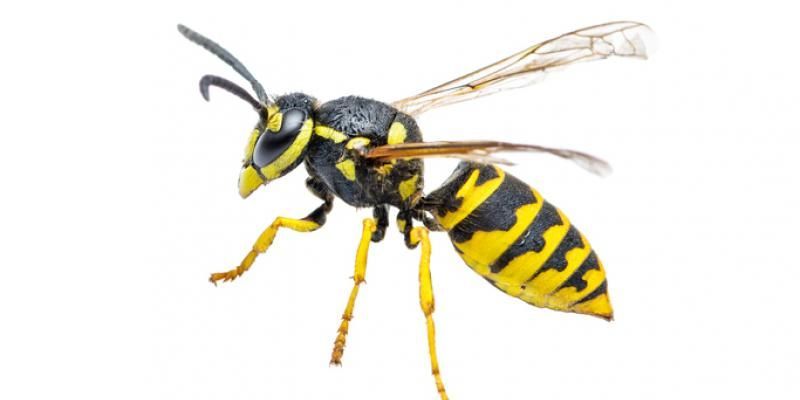

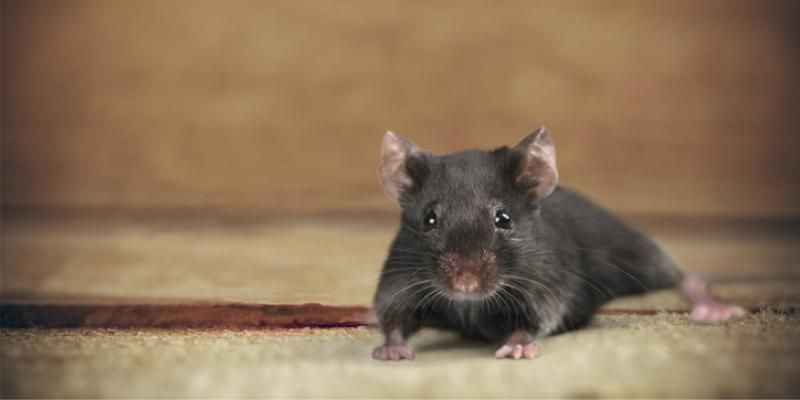
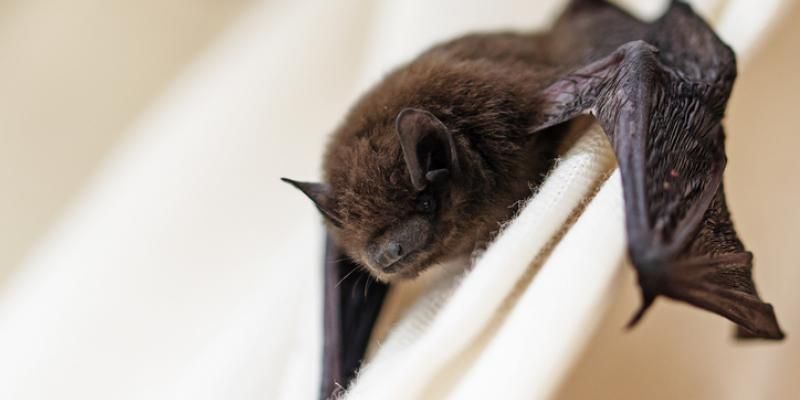
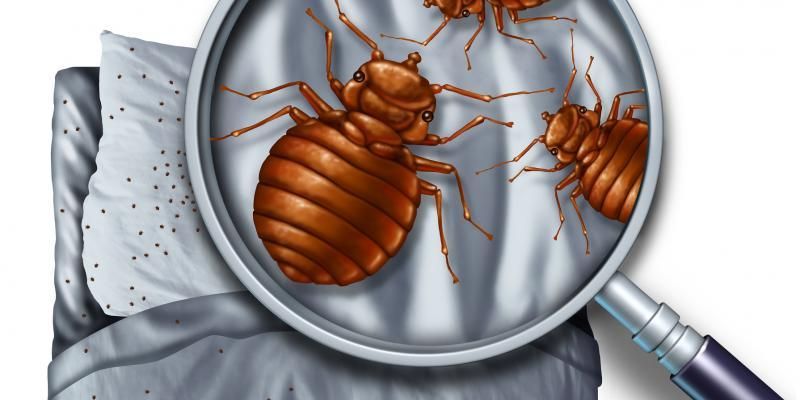
247localpestcontrol.com is a referral service that connects you with pest control service providers in your area. All pest control providers are operated independently of 247localpestcontrol.com. It is the responsibility of each user to verify that the pest control provider connected with meets all licensing and insurance requirements in that jurisdiction.
The photos on the 247localpestcontrol.com website are for design purposes only and do not represent the actual pest control services provided in your area.
Please note that pest control services may not be available in all areas, and when available, the services may vary depending on the providers available. 247localpestcontrol.com does not guarantee the availability of any specific pest control service or provider in your area.
It is recommended that you thoroughly research and vet any pest control service provider before hiring them to ensure that they meet your specific needs and requirements. 247localpestcontrol.com is not responsible for any issues or damages resulting from the services provided by any pest control service provider connected through our referral service.

